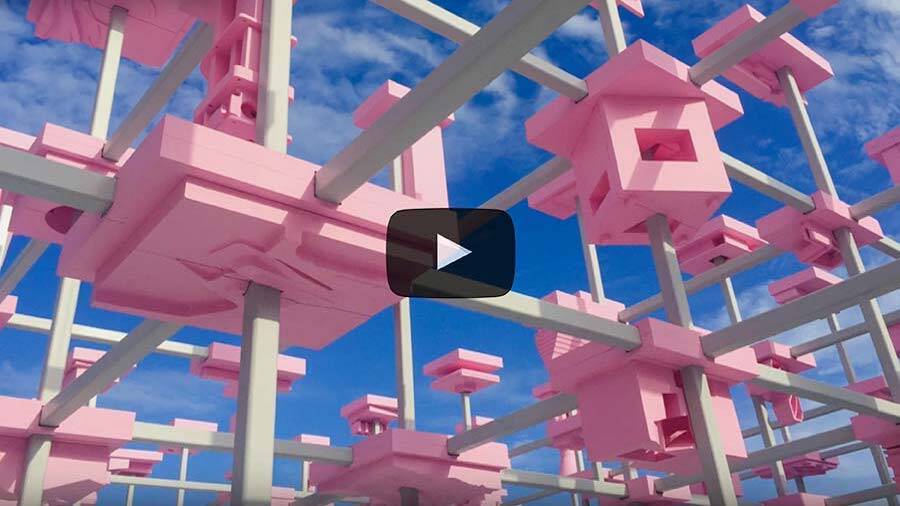Not an IASC member yet? Please follow this link to see membership options and benefits.

Abstract
Digital institutions – wikis, forums, even video games – promise to advance institutional analysis methodologically, in terms of data, and in terms of theory. My main focus is methodological: because there are many of them, and complete data are often available. Digital institutions permit automated quantitative comparative institutional analyses of unprecedented scale. As Poteete and Ostrom (2008) argued, large-n comparative analyses at the scale of analysis of the institution will be essential for advancing most frameworks of the Ostrom Workshop. This review also functions as a bibliography for entering this literature, which covers research on open source programming collaborations, online criminal institutions, multiplayer video games, and wikis.